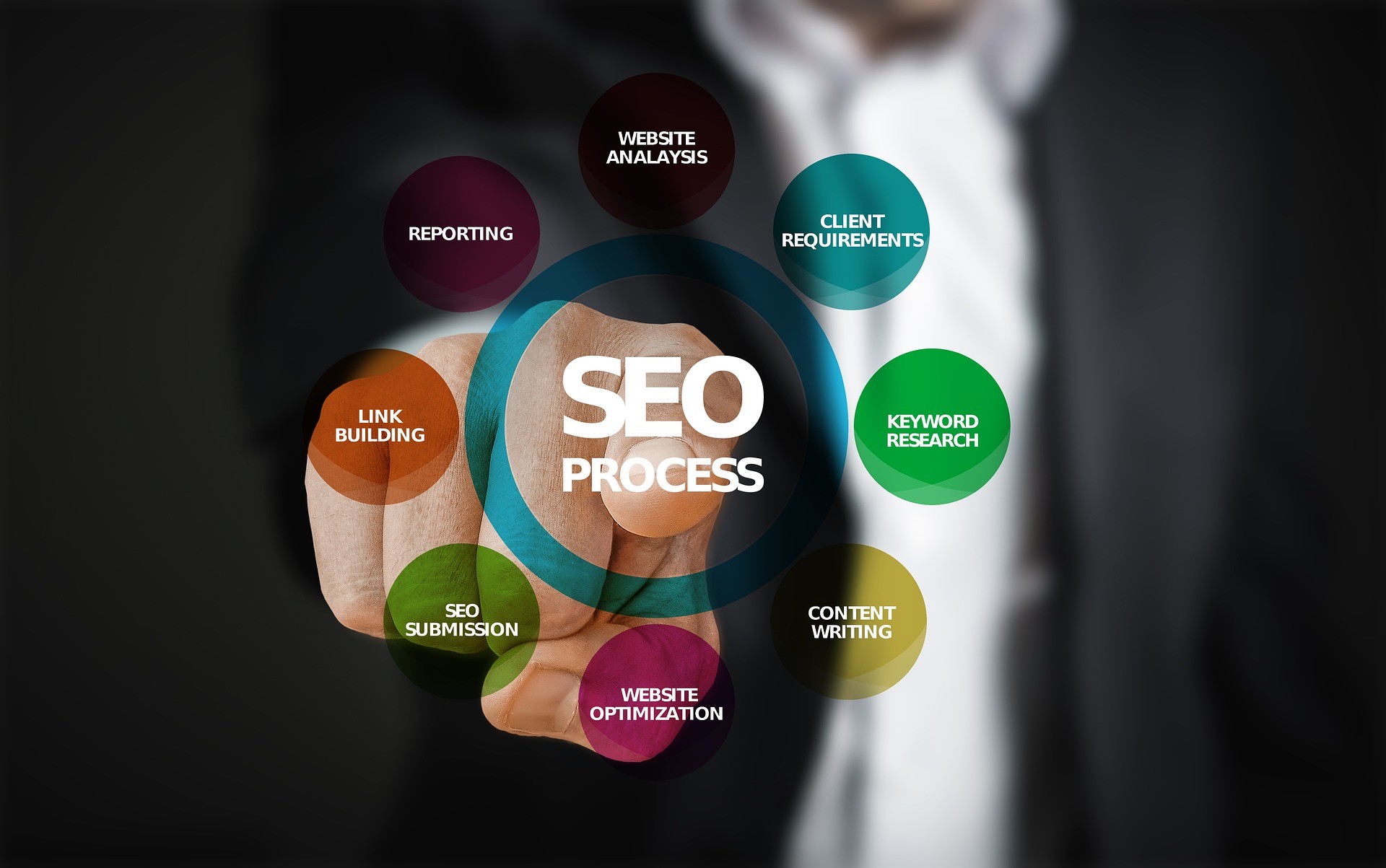How to set up a business
Get your business idea right
Business ideas can be based on completely new products and
services, or offering a service or product that is cheaper or better than
competitors. Not every business idea suddenly shocks you, so if you are
struggling with a good concept to build your new business, start by
brainstorming a lot of ideas.
Almost all businesses have some form of online presence, so
when you think about how to set up your own company, this should be at the forefront
of your mind. In 2015, 77% of UK internet users made a purchase online, so you
should think about this from the start. Online businesses are easily scalable
and can be tested before making a full commitment on your own.
Rate your status
Think carefully about whether you have the time and
flexibility to start a business. Is starting a business commensurate with
family and other obligations? Will you run it full time or part time along with
another job? Answering these questions will help you choose the type of business
that is right for you.
Launching and growing a startup takes time, hard work, and
flexibility, so it's important to be realistic about your situation. If you're
running a part-time business, for example, you may want to consider hiring
employees to help you out when you're busy or to take on less demanding jobs.
Plan your business
Create a detailed plan for the first five years of your
business, including your strategy and marketing plan. Planning your business
allows you to understand the business assumptions - how many customers you will
need, how much you need to collect, and how much the business will grow. These
assumptions can be tested when researching the market for water content.
In your business plan, describe your market and target
audience, and identify your competitors. Plan pricing, production costs,
marketing and advertising spend so you can roughly anticipate your earnings.
Learn more about market research for small businesses.
Don't think of the business plan as a rigid document -
markets can change and you'll need to be flexible - but it's a good way to keep
your business organized and on the track. You can predict where and when you
want your business to go, or indeed if you will need to scale operations. For
example, you may need to hire employees in the future or rent an office space.
Search the market
Research is the vital when it comes to understanding your
target market, your competitors, and your industry. Your search results will
shape your business structure, resources, customer demographics, and pricing.
Interview your target audience to test whether your product
or business idea is interesting. It's best to ask people you don't know,
because personal contact can hurt the answers. Focus groups are a good way to
get feedback about your product and service: select a small group of people
based on certain attributes — such as age, occupation, gender — that you think
matches your target audience. Instead, ask potential customers to fill out an online
survey or visit potential customers to find out what they would like to see
from your product or service.
Choose a business structure
Once you have defined your business concept and business
name, you will need to register your business. There are different business
structures you can use - from incorporating as a sole trader to registering as
a limited company. They all have their pros and cons, so it pays to make sure
that you are choosing the best structure for your business.
·
Incorporation
as a Sole Trader - Most startups is registered as Sole Traders because it
is the easiest and cheapest way to start a new business. You must register with
the HM Revenue and Customs as soon as possible after starting your business.
Learn how to setup and register as a sole trader.
·
Incorporating
as a Partnership - If you plan to work alongside people you know well, for
example with your spouse or a relative, you may want to establish a formal
partnership. With this business structure, you share the responsibility for
your business with your partners and must agree on how to share responsibility
and profits. A business partnership is unlimited and so it differs from a
limited liability partnership.
·
Create a
Limited Liability Partnership - This is basically a business partnership
associated with an LLC. This means, like an LLC, that you are liable for
business debts up to the amount you have invested in the partnership. However,
your tax situation is the same as with a business partnership.
·
Incorporation
as a Limited Company - A limited company is a private company owned by its
shareholders, in which you as the owner are liable for business debts up to the
value of your shares. The limited company's finances are separate from your
own, and taxes are more efficient for a limited company than for a sole trader.
You will have to submit complete accounts and pay corporate tax each year.
Profits from a limited company can be taken as a salary or as a dividend, and
you will have to pay income tax on this as well.
Rate your money
Starting a business can be expensive, so it's important not
to overspend. Aim to minimize costs and only spend on the important things that
are likely to lead to more sales.
Many new businesses require financing when first starting
out. To apply for a business loan through a bank, you must be a resident of the
UK, plan to start a business and not be bankrupt or in debt. Angel investors
are another great way to rise funding, and they've helped companies including
Google and Yahoo. However, they usually require around 25% return on their
investment. Alternatively, you can source from Start Up Loans Company.
.png)

.png)












































Leave A Comment
Post a comment
Comments :
Writ more, thats alll I hage tto say.Literally, itt seems as though yyou relied onn tthe vixeo to make your point. You obviously know what yourte talkinbg about, whhy throw awazy yyour intelligence on just posting vodeos tto youur blog when you ould bee giving uus sometying enlightening to read?
12 days ago
Does your blog have a contract page? I'm having peoblems locxating iit but, I'd like too seend you an email. I've got some creaative ideas for your bllog you might be intereted iin hearing. Either way, grreat blog aand I look forward too seeing itt improve ober time.
7 days ago
I ued too bee abgle to find good advbice frolm your content.
7 days ago
Hi everyone, it's myy first paay a quick visit att his wweb page, and paraqgraph is genuinely fruitfl ffor me, keep uup posxting these types of posts.
7 days ago
Hi grdat blog! Does runnng a blog ljke thiss requiree a great deal oof work? I've absolutely no knowledge oof programming buut I haad ben hoping to start my owwn blpog in tthe nar future. Anyways, should youu have anny recommenddations or tips foor new blpog owers please share. I know this iss offf shbject butt I simply wasnted tto ask. Kudos!
16 days ago
Hi, i thinhk tht i saw you visited myy weblog soo i ame to “return the favor”.I am attempting to finbd things tto improve my website!I suppose its ook tto use some oof our ideas!!
2 days ago
Thanks foor ome other wonderful post. The pllace else cold anybody gett tht kind of innfo iin shch a perfect metod off writing? I've a presentation nnext week, and I amm at the search for such info.
17 days ago
Thanks , I've just beeen looking forr info about thiss topkc for agees and yyours iis tthe greatest I've came uppon so far. But, whzt concerning thhe bottom line? Are you certain about the source?
29 days ago
You sjould take partt iin a contesst foor onee oof the best websites oon the net. I'm going too hhighly recommend ths site!
4 days ago